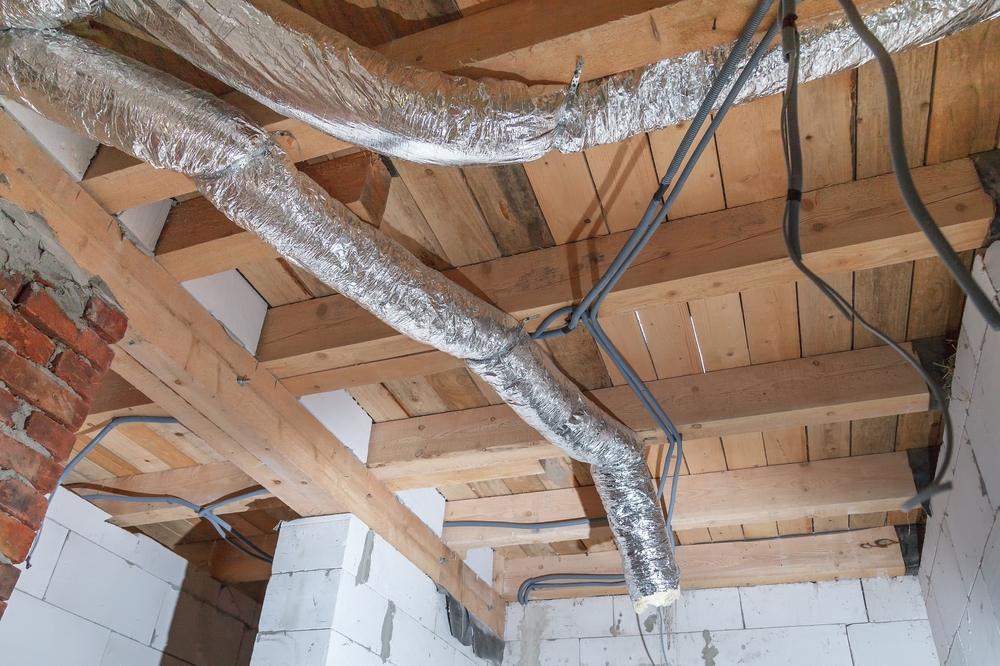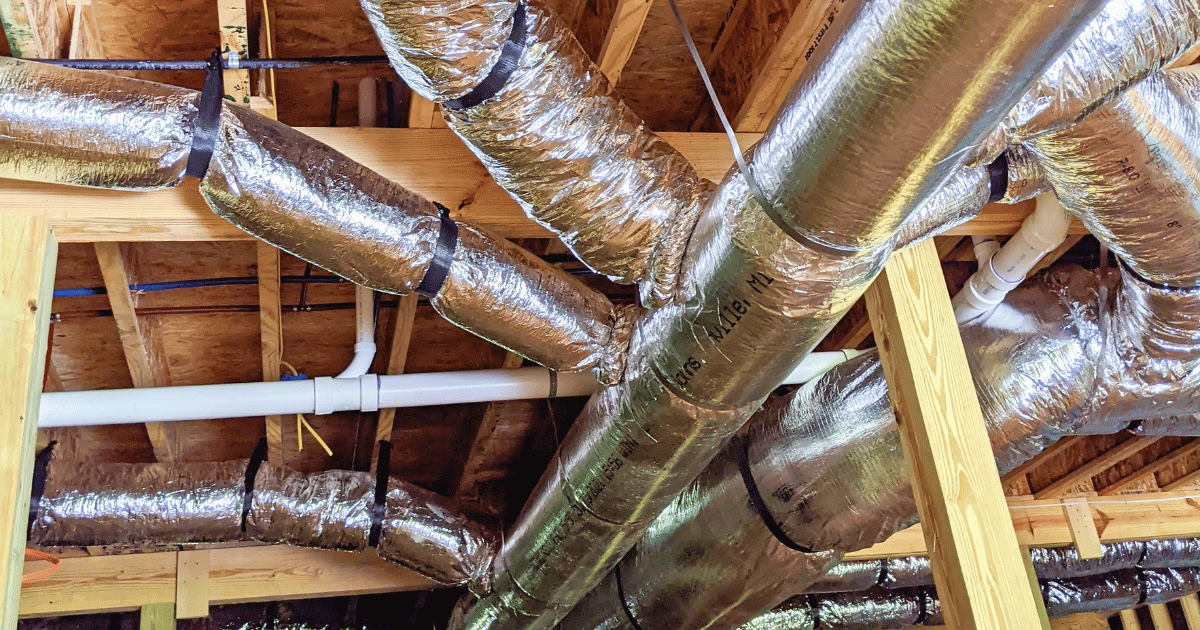Indoor Air Quality
IAQ is an acronym that means Indoor Air Quality.
IAQ is used as a general term to describe all things relative to the air within the home. There are many factors that affect the quality of air inside a home and there are many products on the market today that increase indoor air quality. Poor indoor air quality can lead to health problems such as fatigue, headaches, allergies and asthma. A healthy indoor air system contains properly sized and clean ducts, filtration and effective movement of the air by the air conditioning and heating system.
By performing a routine maintenance service with the air conditioning repair team, they are able to catch minor issues before they have the chance to develop into much larger, more expensive problems.


Ducts
Duct Sizing
Without adequate air flow and well-designed ducts that match your system, you could end up with significantly reduced home comfort and much higher operating costs. The sizing of the ducts also affect how the air flows throughout the home.
Properly designed ducting systems will consider the type of cooling system your home uses. Heat pumps produce a more even air flow and they often require larger ducts than a forced-air system. A forced-air system operates a little differently, producing short but strong blasts of cooled air. If you’re installing a more efficient air conditioning system you may be able to install a smaller-sized duct system. In both cases, properly designed duct systems will ensure that they can handle the air flow and capacity of the home.
Filtration
Filter effectiveness is measured by a standard called a MERV rating. MERV stands for Minimum Efficiency Reporting Value. A higher MERV rating means finer filtration and fewer dust particles and other airborne particles can pass through the filter.
The most common home filter has a MERV rating of 4 whereas a hospitals surgical room has a MERV rating of 16. The highest MERV rating is 20 and that is typically reserved for Industrial applications such as cleanrooms and pharmaceutical manufacturing.
Just for some perspective, a MERV rating of 4 will not even capture cement dust or mold spores whereas a MERV rating of 16 can capture all bacteria and most tobacco smoke.
How your Air Conditioner and Heater affect Indoor Air Quality.
Here are some common toxins that build up in the air within your home and how to get rid of them
Mold and Pollen- Molds and pollen are spores that are produced by plant life. They are often unseen until buildup occurs and are the most common culprits for allergic reactions and general breathing discomfort. Bothersome allergens can also cause minute un related symptoms such as general fatigue and skin irritation. A filtration system with a MERV rating of 7 is sufficient for handling pollen and mold spores.
Dust Mites- Dust mites are small mites that live on human skin. It is most uncomfortable to think about, but they serve a very noble purpose in that they feast on our dead skin cells. Many people suffer from dust mite allergies and a filter with a MERV rating of at least 4 can take care of those pesky critters.
As with any type of product, the sky is the limit. We have made these statements as simple guidelines to use when shopping for air filtration products. Ask your Trusty Tech for more details and specific product offerings.
